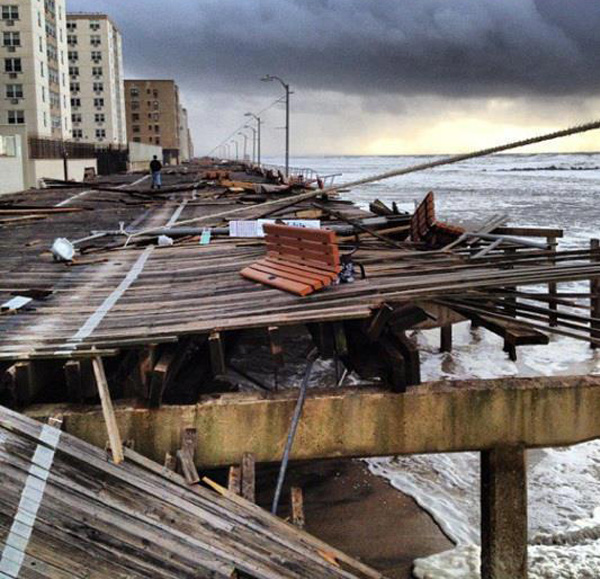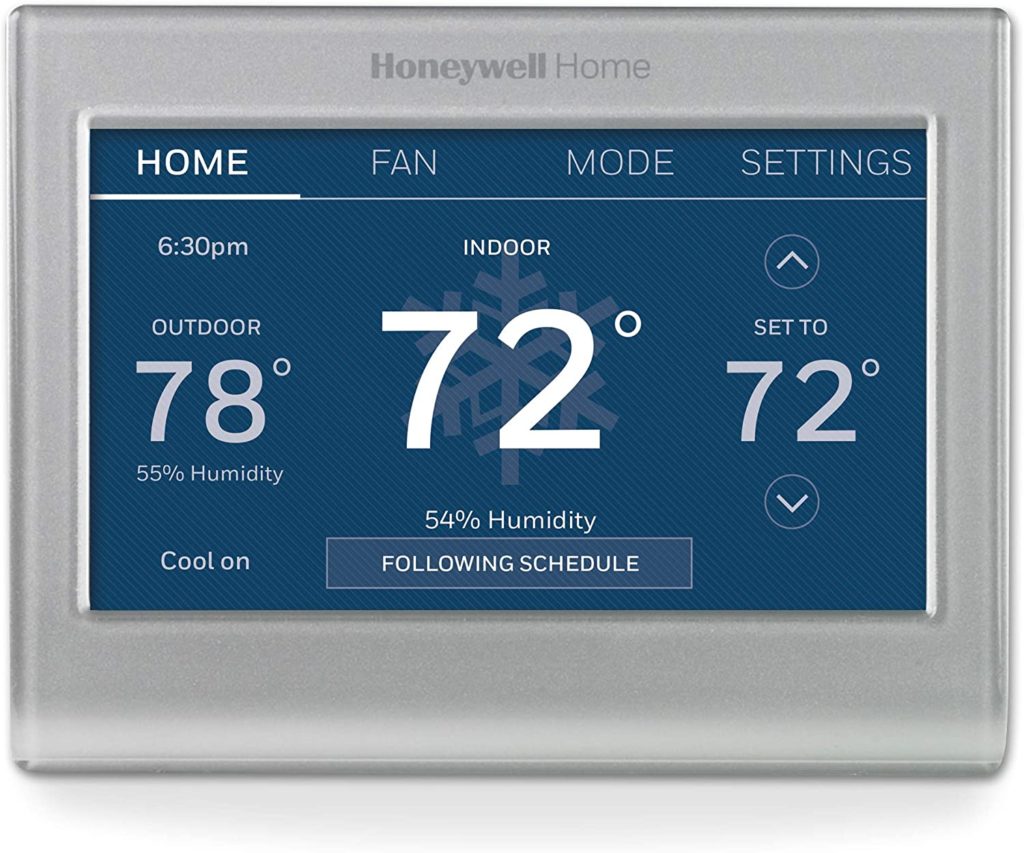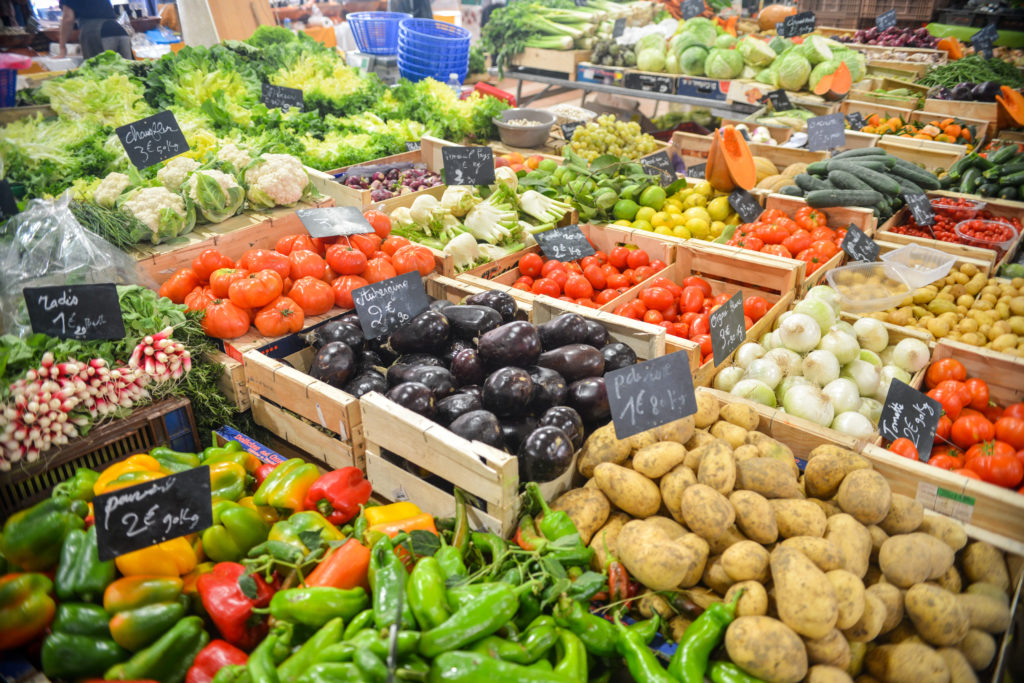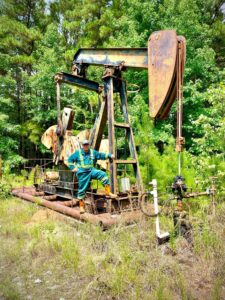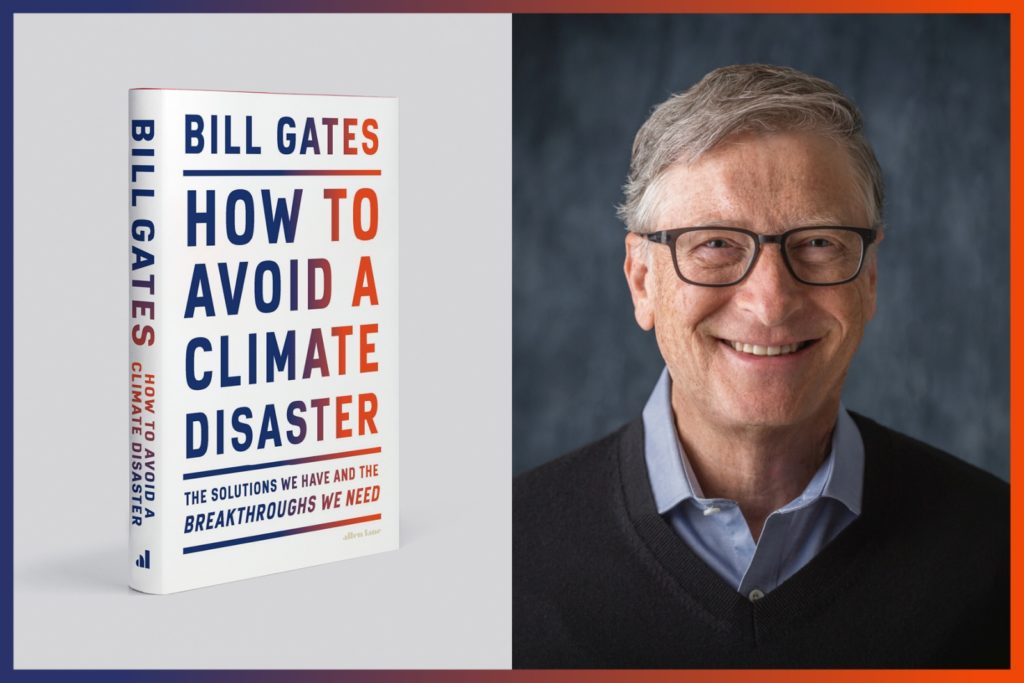 Imagine my surprise to discover that, in his new book, Bill Gates advocates
Imagine my surprise to discover that, in his new book, Bill Gates advocates
the same consumer strategies we do to help stop climate change.
Like us, Bill Gates believes that climate change poses an environmental and human crisis of epic proportions. In How to Avoid a Climate Disaster: The Solutions We Have and the BREAKTHROUGHS WE NEED, the Microsoft mogul argues that the way to do so is by reducing greenhouse gas emissions to ZERO by the time 2050 rolls around.
His book opens with a powerful call to action:
“To stop the warming and avoid the worst effects of climate change — and these effects will be very bad — humans need to stop adding greenhouse gases to the atmosphere.
“If nothing else changes, the world will keep producing greenhouse gases, climate change will keep getting worse, and the impact on humans will in all likelihood be catastrophic.
“I believe that things can change. We already have some of the tools we need, and as for those we don’t yet have…we can invent them, deploy them, and, if we act fast enough, avoid a climate catastrophe.”
After a clear and simple explanation of why greenhouse gases are so deadly, Gates describes how new non-fossil fuel “breakthrough” ways of generating electricity could eliminate the problem.
In a chapter titled “This Will Be Hard,” he acknowledges that the goal of zero emissions is doable but difficult because “fossil fuels are embedded in every single aspect of our lives” — not just the obvious, like transportation and heating, but the manufacture of everything from a plastic toothbrush to toilet paper.
When it comes to those and other consumer products, people like you and me can have “a huge impact,” he writes, echoing the Big Green Purse mantra.
“If all of us make individual changes in what we buy and use, it can add up to a lot—as long as we focus on changes that are meaningful.”
For example, he recommends installing a smart thermostat to reduce energy consumption when you’re not at home. “You’ll cut your utility bill and your greenhouse gas emissions” when you do.
Like Big Green Purse, Gates says consumers can “send a signal to the market that people want zero-carbon alternatives and are willing to pay for them.”
“When you pay more for an electric car, a heat pump, or a plant-based burger, you’re saying, “There’s a market for this stuff. We’ll buy it.”
“If enough people send the same signal,” he continues, “companies will respond—quite quickly… They’ll put more money and time into making low-emissions products, which will drive down the prices of those products, which will help them get adopted in big numbers. It will make investors more confident about funding new companies that are making the breakthroughs that will help us get to zero.”
That’s exactly what Big Green Purse has been saying for the past ten years!
Gates also advocates switching to clean energy for your home. If you put solar panels on your rooftop, many states offer tax credits to help you afford it.
Reducing your home’s emissions is also a priority (and something Big Green Purse has been championing for a decade). How? Replace incandescent light bulbs with LEDs, buy energy efficient appliances, or replace your heating and cooling system with a heat pump.
If you’re in the market for a new (or new to you) car, buy an electric vehicle (EV), a plug-in EV, or even a hybrid. And meanwhile, explore ways to drive less by car pooling and telecommuting (something we’ve all gotten used to during the pandemic).
Gates agrees we should eat more plants. Raising cows, pigs, and chickens generates methane, another climate culprit that is at least 84 times more potent than carbon dioxide.
However, Gates is a big fan of (and investor in) synthetic “meats” like Impossible Burgers. I say, skip the chemicals and just make a “real” veggie burger out of actual vegetables and grains. Start with Meatless Monday, a popular trend that helps people go meatless once a week.
Another area where Gates and I disagree has to do with reducing consumption overall. I believe we need to buy less, and use what we buy longer. He acknowledges that manufacturing “things” generates nearly a third of the total carbon emitted in a year. But he also says, “It’s not an option to simply stop making things.”
Why not? Why couldn’t we make less, especially given how much we throw away every year?
Like Big Green Purse, Gates rues the fact that 40% of food is thrown away, noting, “When wasted food rots, it produces enough methane to cause as much warming as 3.3 billion tons of carbon dioxide each year.”
His solution? Coat fruits and vegetables with a substance that extends their life, or install “smart bin” technology in refrigerators to track how much food a household or business is wasting.
Ours? Buy less food, eat more of what we buy, and support entrepreneurs who are setting up services like Misfits Market to get waste food to food banks and eager consumers.
Don’t Miss: 10 Ways to Buy Food in Bulk and Waste Less Food
Given how many billions of dollars Gates and his foundation have, I’d have loved to see him initiate a few projects that would help consumers shrink their carbon footprint immediately.
For example, more than 68 million refrigerators in the US are over 10 years old and cost consumers $5.5 billion a year in wasted energy. Couldn’t Gates collaborate aggressively with programs like the one my utility already has in place to provide rebates to consumers who recycle their “dirty” fridges in favor of current, low-emissions models?
Still, Gates has come up with one of the best analogies I’ve seen when he makes the case for eliminating not just some but ALL greenhouses gases in the next 30 years: he compares the climate to “a bathtub that’s slowly filling up with water.”
“Even if we slow the flow of water to a trickle, the tub will eventually fill up and water will come spilling out onto the floor,” he explains. “That’s the disaster we have to prevent. Setting a goal to only reduce our emissions — but not eliminate them — won’t do it. The only sensible goal is zero.”
Gates fittingly concludes his book by comparing the looming climate disaster to Covid-19.
“The loss of life and economic misery caused by this pandemic are on par with what will happen regularly if we do not eliminate the world’s carbon emissions,” he warns. “By mid-century, climate change could be just as deadly as Covid-19, and by 2100 it could be five times as deadly.”
The economic consequences could be similar, as well.
“In the next decade or two, the economic damage caused by climate change will likely be as bad as having a Covid-sized pandemic every 10 years. And by the end of the 21st century, it will be much worse if the world remains on its current emissions path.”
Gates hopes his book charts a far more optimistic path.
A version of this review originally appeared at MomsCleanAirForce.org.


